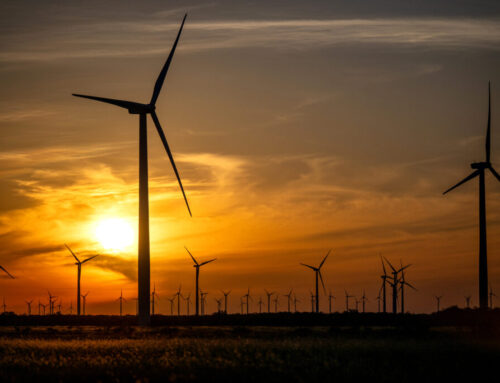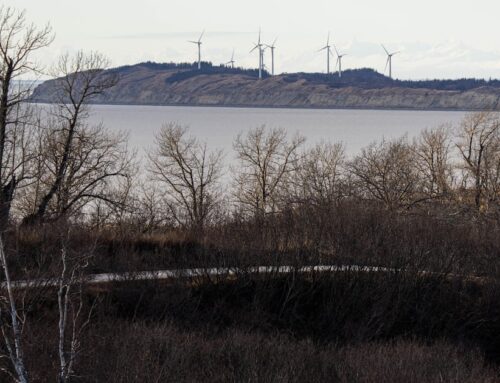‘Invisible’ Methane Leaks Found to Be Exacerbating Climate Change Effects
January 2, 2025
In the ongoing battle against climate change, methane, a potent greenhouse gas, has often taken a backseat to carbon dioxide (CO2).
However, recent findings have shown that methane, which is over 80 times more effective at trapping heat than CO2 in the short term, plays a significant role in accelerating global warming. Despite breaking down more quickly than CO2, methane’s immediate impact is undeniable, making it a critical target in the fight to slow climate change.
New Tools Expose Methane Leaks from Oil, Gas, and Agriculture, Threatening Climate
Scientists have developed new tools that can now detect methane leaks that were previously invisible.
Advanced technologies such as spectrometers, satellite surveillance, drones, and handheld devices are now capable of tracking methane emissions with unprecedented accuracy.
According to The Hill, these tools allow experts to pinpoint exactly where methane is leaking, from oil rigs to pipelines and even abandoned wells.
A major source of methane emissions comes from the oil and gas industry, where old and abandoned oil wells, often referred to as “orphaned wells,” leak methane into the atmosphere.
These wells, often neglected by the companies that drilled them, are left uncapped and can release toxic gases for decades. In the United States, particularly in Louisiana, this has become a significant environmental issue.
Without proper cleanup or regulation, the methane released from these wells can worsen the climate crisis. Recently, legislation has been proposed to hold oil companies accountable for these emissions, making them responsible for the costs of sealing abandoned wells.
Beyond abandoned wells, the oil industry also contributes to methane leaks through the process of extracting and transporting natural gas. This includes “flaring,” where excess methane is burned off during oil extraction.
While the industry markets liquefied natural gas (LNG) as a cleaner alternative to other fossil fuels, the reality is that it still contributes significantly to methane emissions.
Experts point out that LNG exports are a ticking “greenhouse gas time bomb,” as the process of extracting and shipping LNG results in large amounts of methane being released into the atmosphere.
While industrial activities play a major role in methane emissions, the global food system also contributes. Methane is emitted by livestock farming, rice cultivation, and food waste. Agriculture accounts for nearly half of global methane emissions. Reducing methane from the food sector is critical to limiting global temperature rise.
According to the United Nations, halting food waste and improving farming practices could significantly reduce global methane emissions, potentially slowing climate change.
Reducing Methane from Livestock and Food Systems Requires Multi-Faceted Approach
One key area where changes are needed is in livestock farming. Livestock is responsible for the majority of agricultural methane emissions.
While dietary shifts, such as eating less meat, could reduce methane emissions, this solution is more complex than it appears. In many parts of the world, particularly in lower-income countries, livestock farming is a vital source of nutrition and income.
Therefore, addressing methane emissions in agriculture requires a combination of technological solutions, policy changes, and support for farmers.
To tackle the methane problem, experts argue that a multi-faceted approach is necessary. This includes regulating methane leaks from the fossil fuel industry, improving farming practices to reduce methane from livestock, and cutting down on food waste.
Additionally, global cooperation and financial support are essential to implement these changes effectively.
Despite the challenges, there is hope. Recent international agreements, such as the Global Methane Pledge, aim to reduce methane emissions by 30% by 2030, NewAge said.
While pledges are a step in the right direction, real action at both national and corporate levels will be necessary to make a significant impact.
By using new technology to detect methane leaks and implementing policies to address them, the world can take critical steps toward mitigating the effects of climate change.
With urgent action, the damaging effects of methane can be curbed, offering a chance to slow global warming and protect the planet for future generations.
© 2025 NatureWorldNews.com All rights reserved. Do not reproduce without permission.
Search
RECENT PRESS RELEASES
Related Post




